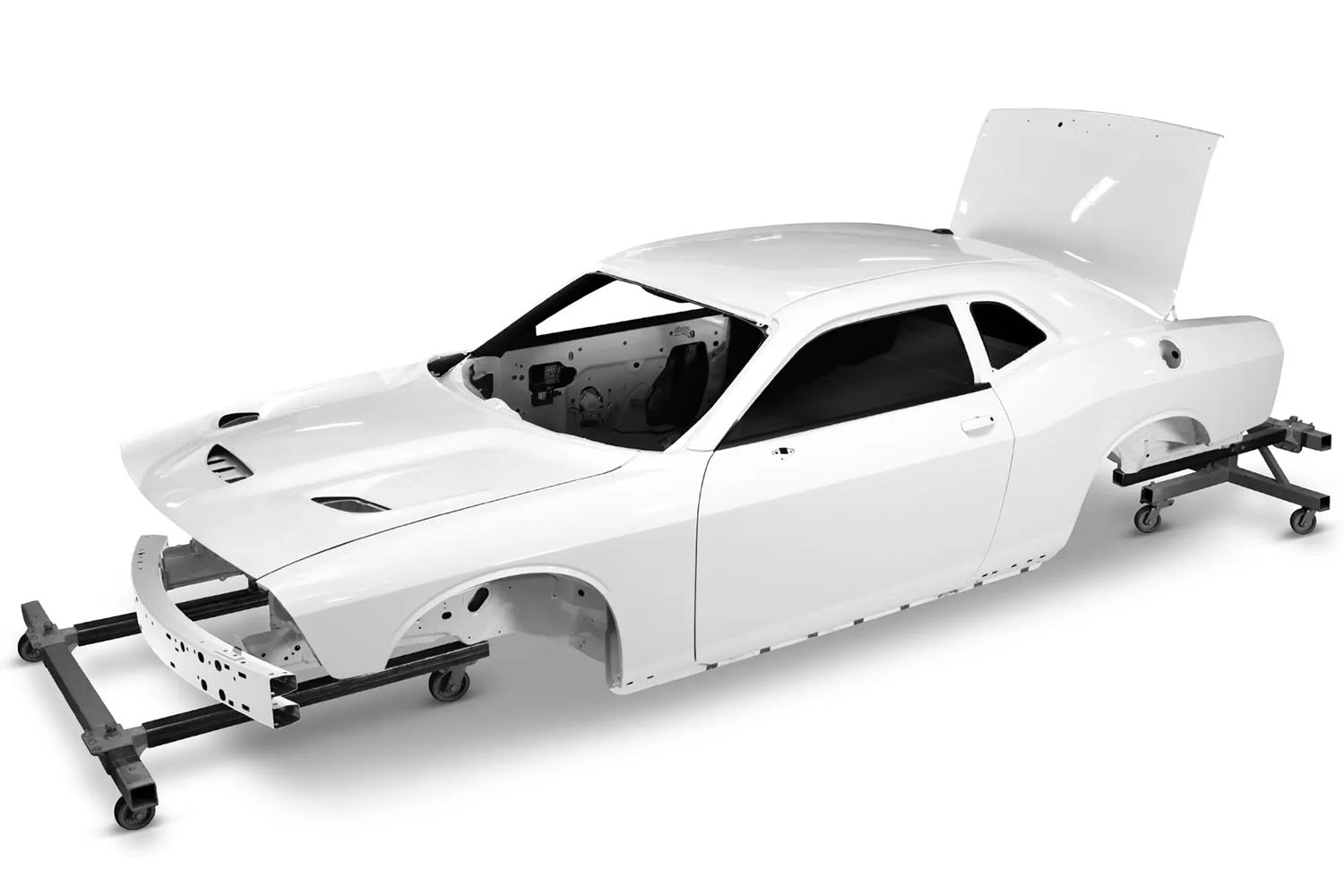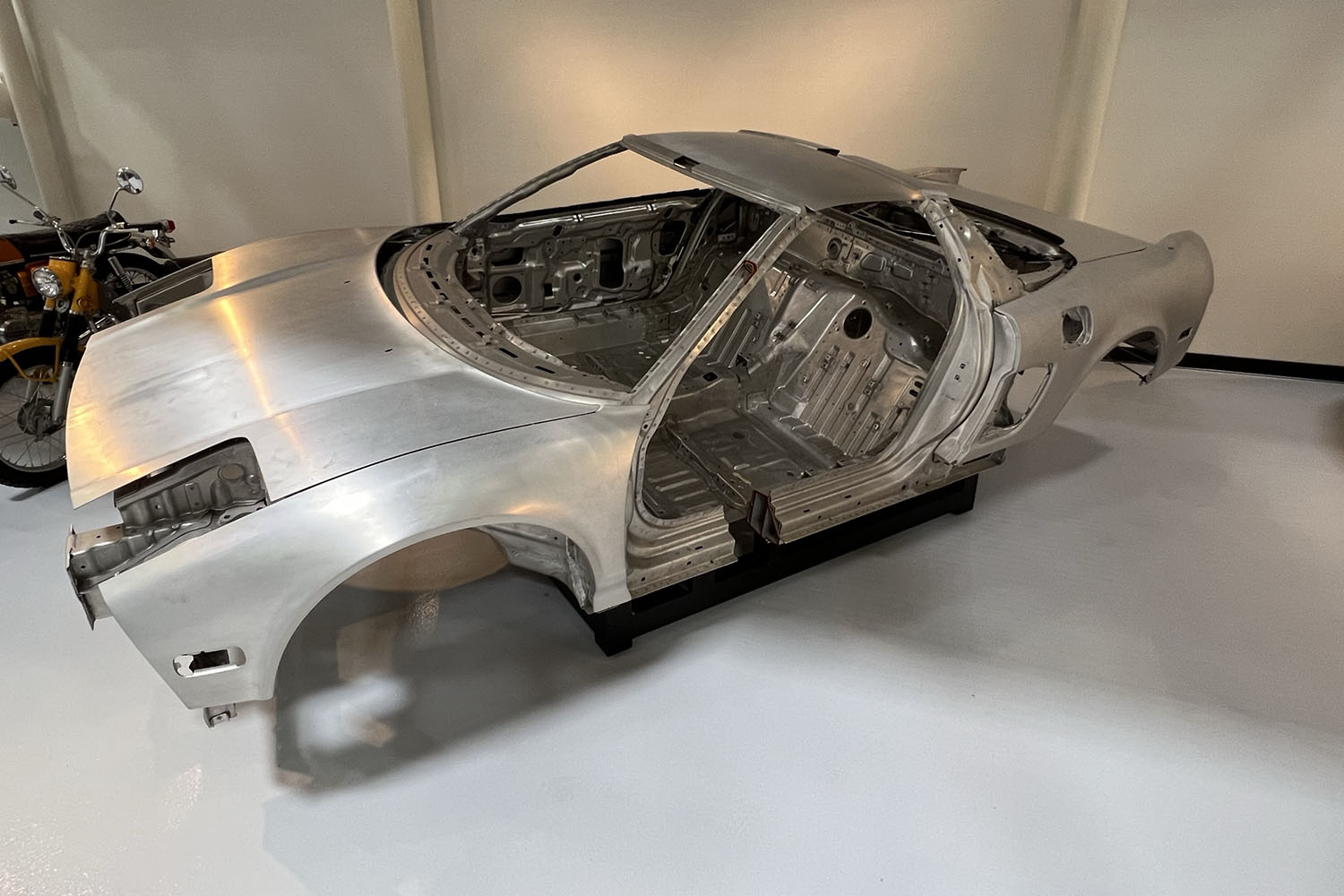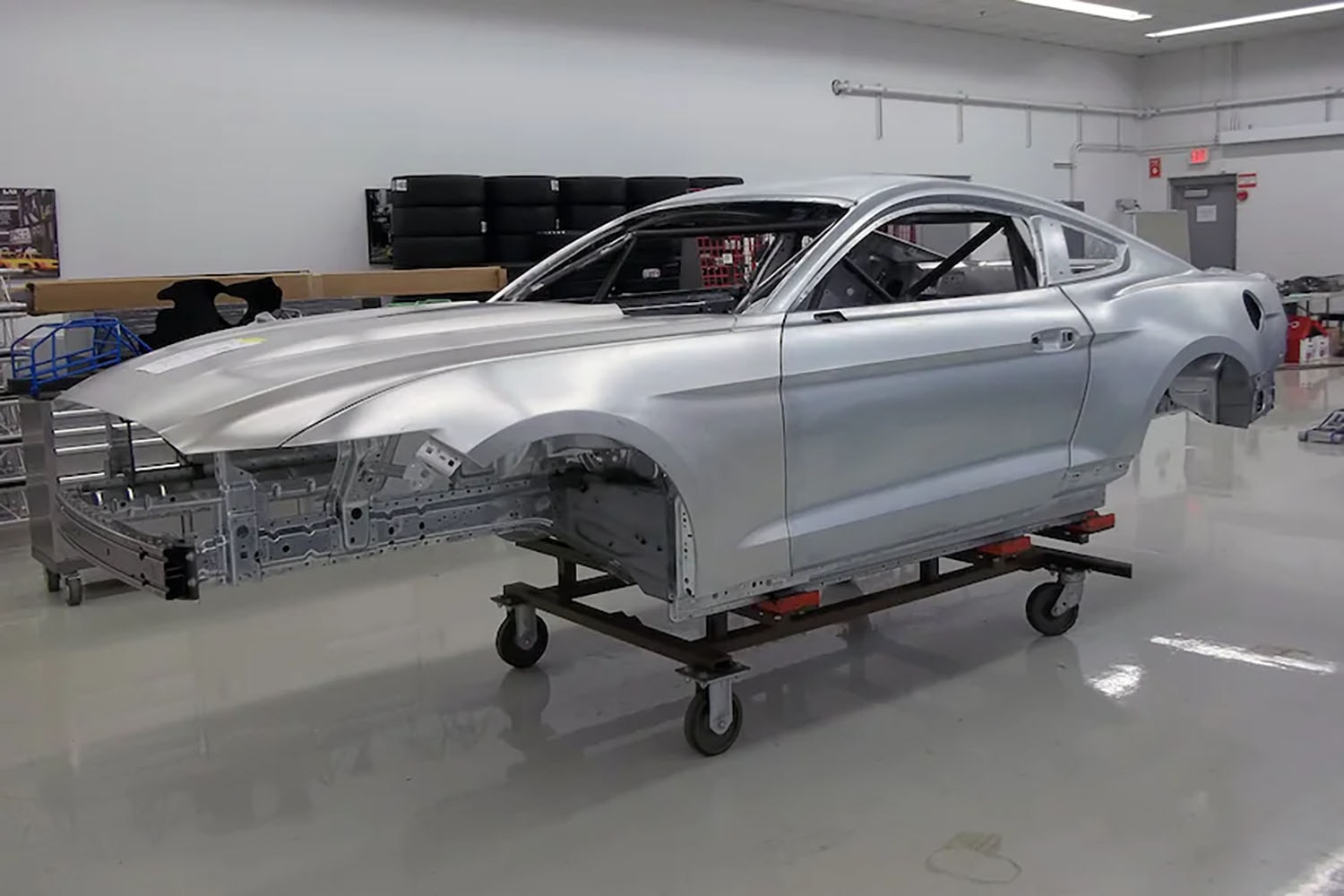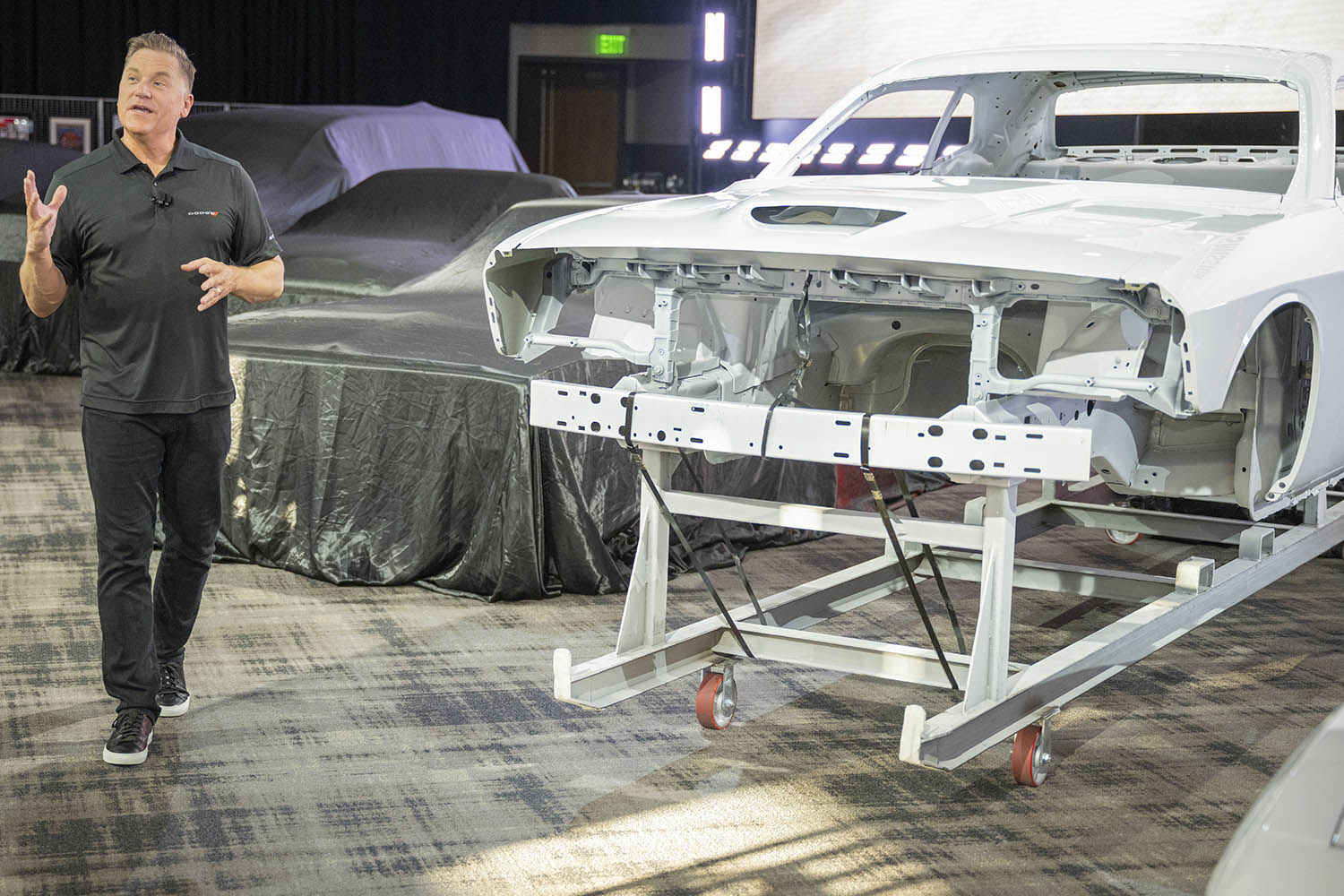What Is a Body in White and Why Would a Car Racer Want One?
The body in white is "some assembly required" taken to an extreme.
 Dodge
Dodge
The term "body in white" is widely used inside the automotive industry but little known outside that circle. Essentially, the body in white — or BiW, as automakers say — is a vehicle's backbone, making it a critical component of everything from automotive manufacturing to vehicle rigidity to safety.
 John Coyle | Capital One
John Coyle | Capital One
Body-in-White Basics
Decades ago, automobile bodies were an assembly of panels bolted to parallel steel-frame rails. This is called body-on-frame construction, and it's still used for many trucks and SUVs.
Today's cars and crossovers are usually built on a unibody, a structural component that serves as both body and frame. If much of this structure's strength is derived from the outer panels rather than the internal support components, it can be called a monocoque.
A body in white is generally defined as the basic skeletal frame and body of an automobile. This shell is devoid of running gear and often includes only the doors, hood, and decklid. The term body in white is derived from the practice of painting unibody shells before delivery to a customer or assembly plant. Often the paint is white, but not always — the real purpose of painting the bare-metal shell is to inhibit rust, so the paint color isn't actually important.
 Ford Performance
Ford Performance
Why a Car Racer Might Want a Body in White
Bodies in white can be valuable to car racers: Getting a vehicle in its skeleton form allows them to build from the ground up and customize everything from the powertrain to the suspension to the interior. But the resulting car will be strictly for the racetrack, as a body in white does not have a vehicle identification number and thus can't be registered for use on public roads.
Auto manufacturers sometimes offer this type of bare-bones version so racing teams can build a machine that conforms to their performance aspirations and the specifications of a particular class, such as the National Hot Rod Association's Super Stock.
 Dodge
Dodge
How to Get Your Own Body in White
For the 2016 model year, Ford offered body-in-white versions of its Mustang. At the time of this writing, Ford has not announced any plans to offer a body in white for the new 2024 model.
It can be possible to find various performance retailers listing new body-in-white versions of the previous-generation Chevrolet Camaro for sale. Although, given the age of that platform and the often-fluid nature of specialty parts availability, prospective buyers should contact suppliers directly.
At the moment, the best chance for buyers to score a modern muscle car body in white likely comes from Dodge, as performance-parts supplier Direct Connection is currently offering a
Written by humans.
Edited by humans.
 Paul Stenquist
Paul StenquistPaul Stenquist has written about cars and the auto industry for more than 40 years. He is a frequent contributor to dozens of publications. As a University of Chicago M.A. and former race car mechanic, he has cracked textbooks and busted knuckles.
Related articles
View more related articles